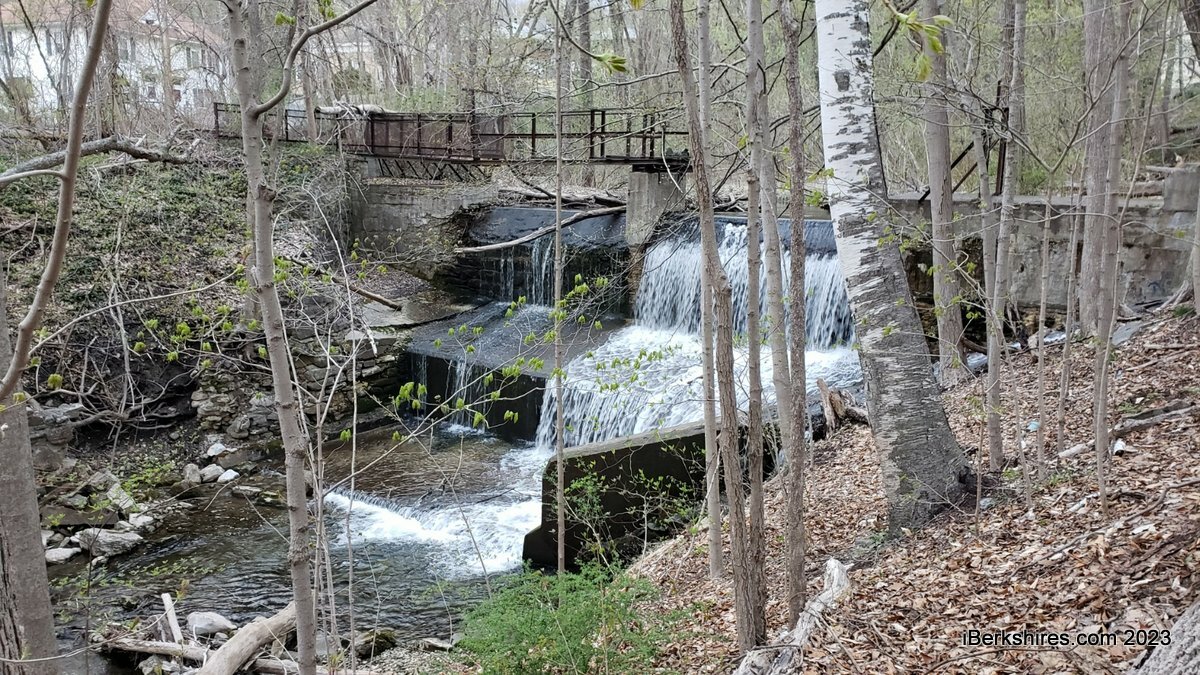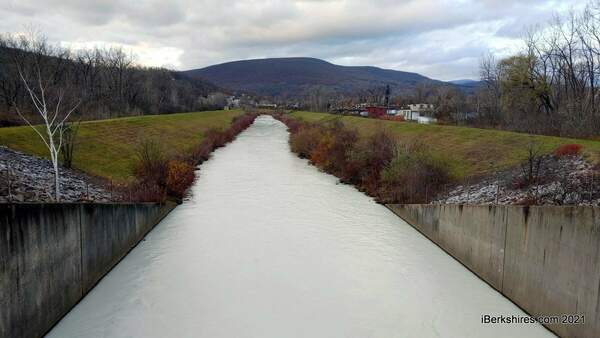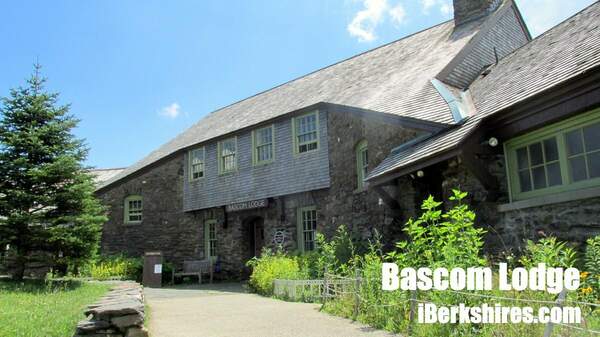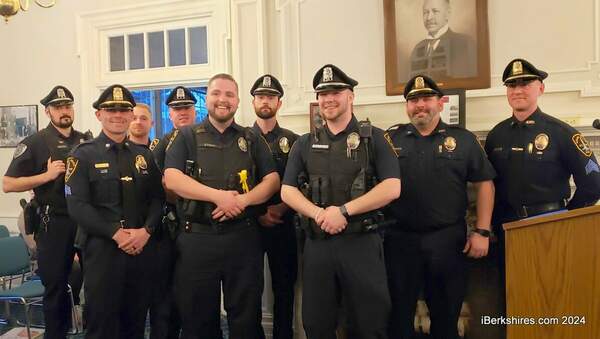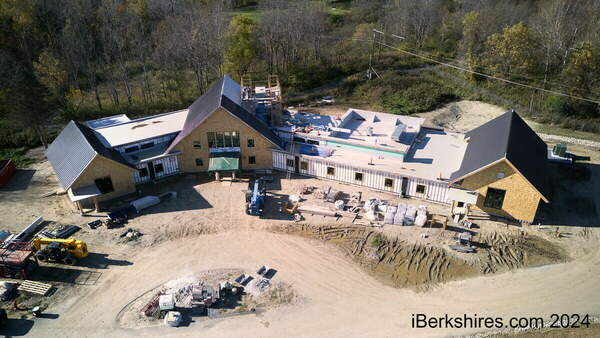Adams Approves Animal Control Shared Services With Cheshire
ADAMS, Mass. — The Board of Selectmen has approved a shared services agreement with Cheshire for the town's animal control officer.
Police Chief K. Scott Kelley said he had been approached by both Cheshire and Savoy about a shared animal control officer. He said Animal Control Officer Kimberly Witek is more than qualified to handle the work.
"There's certain training certifications that are involved in this. That's why they reached out to us because our animal control officer is well trained and well certified in anything," he said. "whether it be barn inspections, what used to be called farm Inspections, or whether it's basic animal control techniques, tactics, investigations."
Kelley said calls from Cheshire for animal control are expected to be minimal.
"Over the last couple of years, their average calls for service that cannot be handled by a police officer is seven. Savoy is smaller than that," he said. "... I wanted to be fair to both parties in that this is obviously something that can grow if we continue to utilize it."
Town Administrator Jay Green said other communities often approach Adams for shared services. He said this program should act as a pilot, similar to the Council on Aging's shared services agreement with Savoy.
"I think we can see if it works and help serve our neighboring community. There's many other opportunities that may or may not work in the future with this, but this is one of those where it really doesn't matter if you're in Cheshire or Adams or North Adams or Pittsfield, animal control services are generally animal control services," he said.
Kelley also provided the board with a general update, highlighting some of the community events the department has or will take part in, including the Hoosac Valley Middle School Cookout, the Elizabeth Freeman Walk and Fall Foliage. One program he said the department is in the early stages of working on is an internship program with Massachusetts College of Liberal Arts students who have a criminal justice minor.
"They reached out to us, and that is something we already do with volunteers and job shadowing. So we are working on details and look forward to working with MCLA," he said.
In other business last week, the board approved a memorandum of understanding with the Adams Fire District for the water system at the Greylock Glen.
"The Greylock Glen project requires water service in a high elevation area, which requires somewhat of a little bit more complicated water system than I think that we would like. It is also outside of the Adams Fire District, which complicates matters further," Green said.
Under the agreement, the fire district will supply water to the system at the glen, which the town with maintain and operate. The board had significant discussion about the specifics of how the water system will function.
Town Counsel Edmund St. John III said he reviewed the agreement and that it looks like a lot of work went into it.
"There's a tremendous amount of detail which goes beyond my understanding of water systems. The only comment I have is if there is a dispute between the parties, there's a resolution process that is covered, which is basically an administrative process rather than one of the parties running to court and suing each other," he said.
-
The board approved the appointment of Megan Bantle to the Agricultural Commission.
-
The board approved a one-day liquor license for Adams Turners Inc. for this past weekend's picnic.
Tags: animal control,

